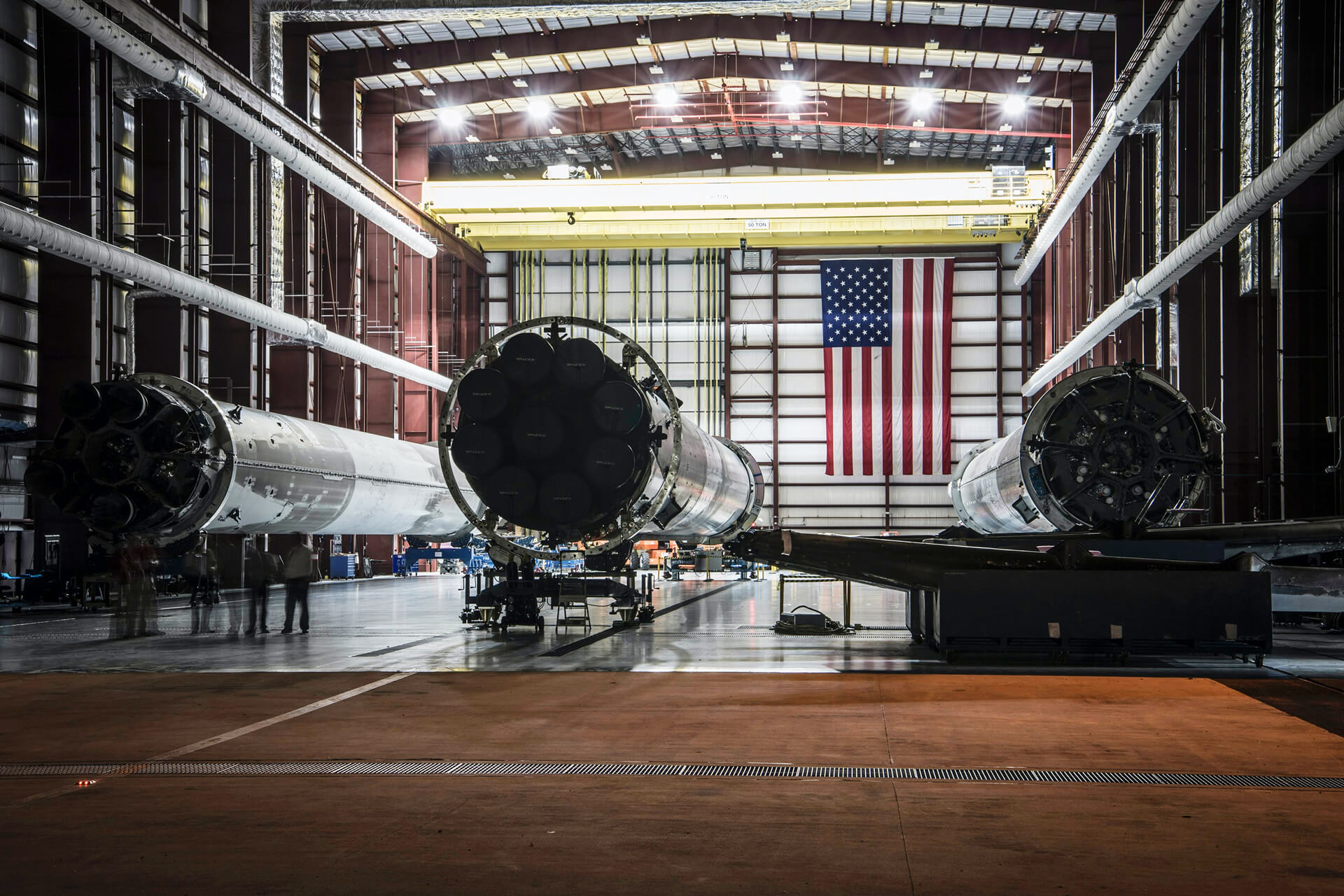American Clean Power
Trade and domestic production
Clean energy can revitalize American manufacturing. More than 500 U.S. factories already build wind turbine components; as solar, storage, and offshore wind continue to expand, those industries will create even more advanced American manufacturing jobs. Renewable trade policies, if not carefully designed, could stymie this potential.
Like any advanced industry, clean energy manufacturers depend on global supply chains.
Clean energy is already a driver of significant domestic manufacturing. That’s especially true for the secondary supply chain. For example, building wind, solar, and storage projects means new business for domestic suppliers of materials like concrete and steel. More than 500 U.S. factories currently build wind turbine components. The historic growth of renewable energy in the U.S. has shown that increases in deployment depend on falling costs. Across all market segments, wind and solar are competing with other low-cost fuel sources. Increases in the price from tariffs and duties can mean homeowners, utilities, and businesses will choose an alternative for their power or face higher electricity prices.
Some tariffs are already creating artificial price increases without benefiting U.S. manufacturing. For example, because of the Section 201 and 301 tariffs placed on solar cells and modules, the costs of modules in the United States is significantly higher than the global average.
Trade policies that isolate U.S. renewable energy industries from the rest of the world risk the domestic jobs and supply chains dependent on access to imported components that in many cases can no longer be manufactured in the United States. Tariffs on major components and parts that already have established global supply chains will only serve to increase costs to American consumers, particularly given the aggressive timeline for increased renewable energy deployment and the long lead time needed to get a manufacturing facility financed, developed, and certified.
